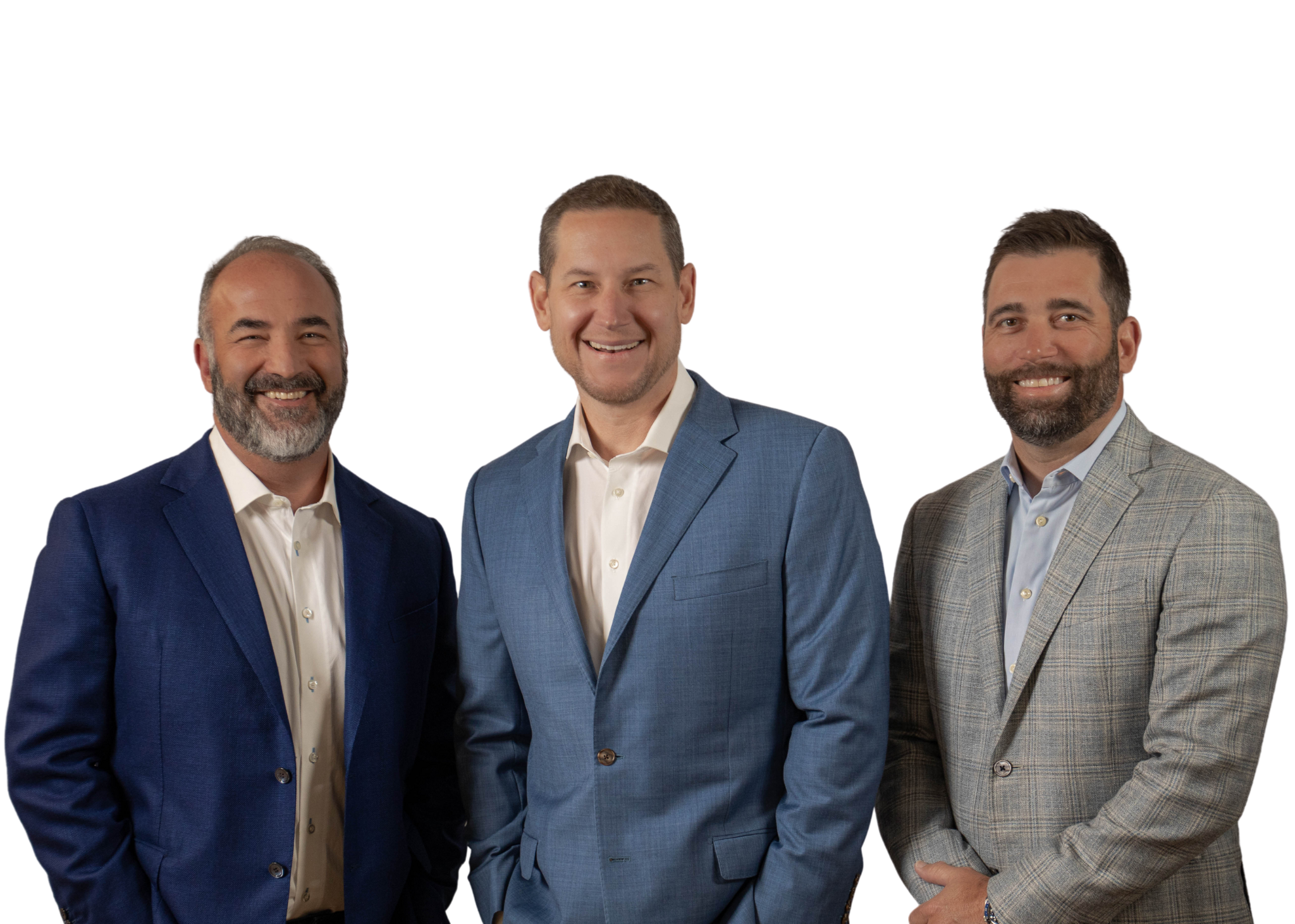
Lake County Truck Accident Attorneys | Advocating for Justice
Were you involved in a collision with an 18-wheeler in Lake County? If a truck driver or trucking company caused your accident, you could be entitled to compensation for your injuries and financial losses. Unfortunately, trucking companies and their insurers often work aggressively to reduce or deny liability. That’s where the experienced Lake County truck accident attorneys at our firm can make a significant difference.
At Paul | Knopf | Bigger, we are dedicated to securing justice for accident victims in Lake County. With a proven track record in handling complex truck accident cases, our team has the expertise and resources to build a compelling case on your behalf. Contact us today for a free consultation with a skilled truck accident lawyer. Call (800) 434-4327 now to discuss your case.

Understanding Truck Classifications in Lake County Florida
Florida classifies trucks based on weight and design, with each category governed by specific laws:
- Truck: Motor vehicles with a net weight of 5,000 pounds or less, designed for transporting goods.
- Heavy Truck: Vehicles exceeding 5,000 pounds, primarily used for transporting goods or towing trailers.
- Commercial Motor Vehicle (CMV): Vehicles weighing over 26,001 pounds or equipped with three or more axles, not owned by government entities.
Additional classifications include:
- Truck Tractor: Designed to tow cargo with a fifth wheel.
- Wrecker: Specialized equipment for towing disabled vehicles.
- Truck Trailer: A towed vehicle without its own power source.
- Semi-Trailer Truck: Combines a motorized truck and a trailer that partially rests on the towing vehicle.
These classifications are vital for determining liability and damages in trucking accidents.
Why Truck Accidents in Lake County Are More Complex
Accidents involving commercial trucks often present unique challenges. Here’s why:
1. Extensive Evidence Requirements
Trucking companies maintain detailed records, including hours-of-service logs, maintenance reports, and electronic data. Analyzing these documents requires technical expertise.
2. Multiple Injured Parties
Truck accidents often involve several victims, complicating settlements as insurers may try to deplete policy limits quickly.
3. Numerous Liable Parties
Liability may extend to the truck driver, trucking company, maintenance providers, or cargo loaders, making accountability more complex.
4. Complex Corporate Structures
Trucking companies often operate under layered insurance policies and corporate subsidiaries, complicating the identification of responsible parties and available coverage.
Key Trucking Regulations in Florida
Commercial trucks must adhere to strict state and federal regulations to ensure safety:
- Commercial Driver’s License (CDL): Required for vehicles exceeding 26,001 pounds or transporting hazardous materials.
- Hours of Service Rules: Drivers may operate up to 11 hours after a 10-hour off-duty period, with a mandatory 30-minute break after eight hours of driving.
- Adverse Driving Conditions: Hours can be extended under certain conditions, such as inclement weather.

Common Causes of Truck Accidents in Lake County
Many truck accidents result from negligence, including:
- Speeding or tailgating.
- Unsafe lane changes or reckless driving.
- Fatigue from exceeding allowable driving hours.
- Distracted driving, such as texting or using electronic devices.
- Impaired driving due to alcohol or drugs.
- Mechanical failures, including brake issues.
- Improperly loaded or secured cargo.
Severe Injuries Resulting from Truck Accidents
The size and weight of commercial trucks often result in devastating injuries, such as:
- Traumatic brain injuries.
- Spinal cord damage or paralysis.
- Severe burns and lacerations.
- Broken bones or dislocations.
- Internal organ damage or internal bleeding.
In fatal cases, families may file a wrongful death claim to seek justice for their loss.

Determining Liability in a Truck Accident
Liability in a truck accident often involves multiple parties, including:
- The truck driver.
- The trucking company.
- Cargo loaders.
- Maintenance providers.
- Manufacturers of defective truck parts.
Determining liability requires in-depth investigation and legal expertise. Contact our Lake County truck accident attorneys today to ensure your case is handled effectively. Call (800) 434-4327.
Compensation for Truck Accident Victims
Victims of truck accidents in Lake County may recover compensation for:
- Medical Expenses: Including hospital bills, surgeries, and rehabilitation.
- Lost Wages: Both current and future income if injuries prevent work.
- Pain and Suffering: For physical pain, emotional distress, and reduced quality of life.
- Property Damage: Repairs or replacement of your vehicle.
- Long-Term Care: Costs associated with permanent disabilities.
Steps to Take After a Truck Accident
Taking immediate action after a truck accident can strengthen your claim:
- Seek Medical Attention: Prioritize your health and document injuries.
- Report the Accident: File a police report and collect witness contact information.
- Preserve Evidence: Photograph the scene, vehicle damage, and injuries.
- Consult an Attorney: A skilled truck accident lawyer can protect your rights and maximize compensation.
How Our Lake County Truck Accident Attorneys Can Help
Hiring our experienced Lake County truck accident attorneys offers several advantages:
- Evidence Collection: Analyzing driver logs, maintenance records, and accident reports.
- Negotiation: Handling communication with insurers and opposing attorneys.
- Litigation: Representing you in court if a fair settlement cannot be reached.
- Comprehensive Valuation: Ensuring all damages, including future costs, are accounted for.

Contact Paul | Knopf | Bigger Today – Your Lake County Truck Accident Attorneys
Recovering from a truck accident is challenging, but you don’t have to face it alone. At Paul | Knopf | Bigger, our Lake County truck accident attorneys are committed to fighting for your justice and fair compensation. Contact us today for a free consultation. Call (800) 434-4327 to speak with an experienced attorney and start your journey to recovery.
Let us help you secure the compensation you deserve and hold negligent parties accountable.
Sources:
 Skip Navigation
Skip Navigation